++ An entire valley stands up against the diversion of its water: On Saturday, 24 February, the mayors from the Shushica Valley gathered to protest the nature-destroying plans for the Shushica ++ Albanian government wants to divert the water from the Vjosa tributary ++ Vjosa National Park in danger after just one year ++
Press release from EuroNatur, Eco Albania and Riverwatch
Radolfzell, Vienna, Tirana, Kuç. 12 mayors and numerous other residents of the Shushica Valley and other regions of the Vjosa National Park, activists, lawyers and scientists gathered this morning in the village of Kuç on the banks of the Shushica River. They are protesting the plans of the government in Tirana to take the water from the Shushica and channel it to the Mediterranean coast 17 kilometres away in Himara to promote mass tourism there.
Officially declared in March 2023, the Vjosa Wild River National Park encompasses the Vjosa and its key tributaries, including the Shushica. However, less than a year later, the Shushica faces potential removal from protected status, leading to the “amputation” of the Vjosa National Park. The proposed withdrawal of 140 litres of water per second from the Shushica would completely dry up the upper river reaches during summer. This poses a significant threat to biodiversity and has severe repercussions for the local population in around 30 affected villages. The intervention may lead to the exclusion of the Shushica from the national park, as such measures are prohibited in this protection category, depriving the local community of the benefits of ecotourism.
Elidon Kamaj – Mayor of Brataj says : “We had high hopes for the national park as we anticipated it would boost economic development. Given our region’s challenges with emigration, establishing the national park held the promise of transformative change for us. However, if our water is now taken away and Shushica loses its national park status, our economic future will be at stake.”
The German development bank Kreditanstalt für Wiederaufbau (KfW) and the Western Balkan Investment Framework (WBIF) are financing the project, and the Austrian company STRABAG is carrying out the construction work. The ministries’ approvals and the financing were based on a completely flawed environmental and social impact assessment (ESIA). The consequences of the project for the Shushica were not analysed, and the people living along the Shushica were not informed. National and international scientists who reviewed these analyses concluded “…the results are misleading and incorrect.” (see attachement).
“We won’t stand by as our water is stolen from us. This project was never communicated to us; its existence only came to light when the construction equipment showed up. We won’t tolerate our water being taken away, and we are prepared to take action to halt the construction.” More than 50 residents filed a lawsuit against this project together with the Albanian nature conservation organisation EcoAlbania. The first court hearing is still pending, declares Astrit Balilaj – Mayor of Kuçi.
“The risk lies in the potential for the water diversion on the Shushica to set a precedent. The actions unfolding today on the Shushica might repeat tomorrow in other sections of the national park. The credibility of the entire Wild River National Park is at stake,” says Olsi Nika, Executive Director of EcoAlbania.
“The Wild River National Park is based on a largely natural, undisturbed water balance in its network of veins. This is what makes this area so unique, which is why people from all over Europe come here. This diversion project, therefore, jeopardises the entire national park. Germany and the WBIF must withdraw from the project if Albania does not stop the construction work immediately and order a real EIA,” says Ulrich Eichelmann, Executive Director of Riverwatch.
“The Albanian government has probably assumed that we will turn a blind eye to one or two nature-destroying projects in return for the designation of the Vjosa National Park, but we will not compromise. We will not give up until the Vjosa and its tributaries are truly safe!” says Annette Spangenberg, Head of Nature Conservation at EuroNatur.
The joint demands of the local residents, mayors, scientists and activists can be summarised as follows:
- Halt construction immediately.
- Conduct a new environmental impact assessment.
- Identify and analyse alternative water resources for the coastal area around Himara as part of the EIA, with the help of national and international experts.
Background information:
– Joint press release by EuroNatur, Eco Albania and Riverwatch,
– In March 2023, the Vjosa National Park was established in Albania, Europe’s first wild river conservation area, which encompasses a total of 404 kilometres of the Vjosa river network with its tributaries Shushica, Drino and Bënça. After less than a year, the national park is now in danger; construction work is already well advanced and is due to be completed in August this year.
– The nature-destroying project has so far also been financed with German taxpayers’ money, namely with funds from the Kreditanstalt für Wiederaufbau on behalf of the Federal Ministry for Economic Cooperation and Development (BMZ) and the Western Balkans Investment Framework (WBIF).
– EIA & position paper available on demand
– The “Save the Blue Heart of Europe” campaign aims to protect rivers with particularly high natural value on the Balkan Peninsula, which are threatened by more than 3,400 hydropower projects and other nature-destroying plans. The campaign is coordinated by the international nature conservation organisations Riverwatch and EuroNatur and implemented together with partner organisations in the Balkan countries. The local partner in Albania is EcoAlbania. Further information can be found at https://balkanrivers.net
– The campaign is supported by the Manfred-Hermsen-Stiftung, among others.
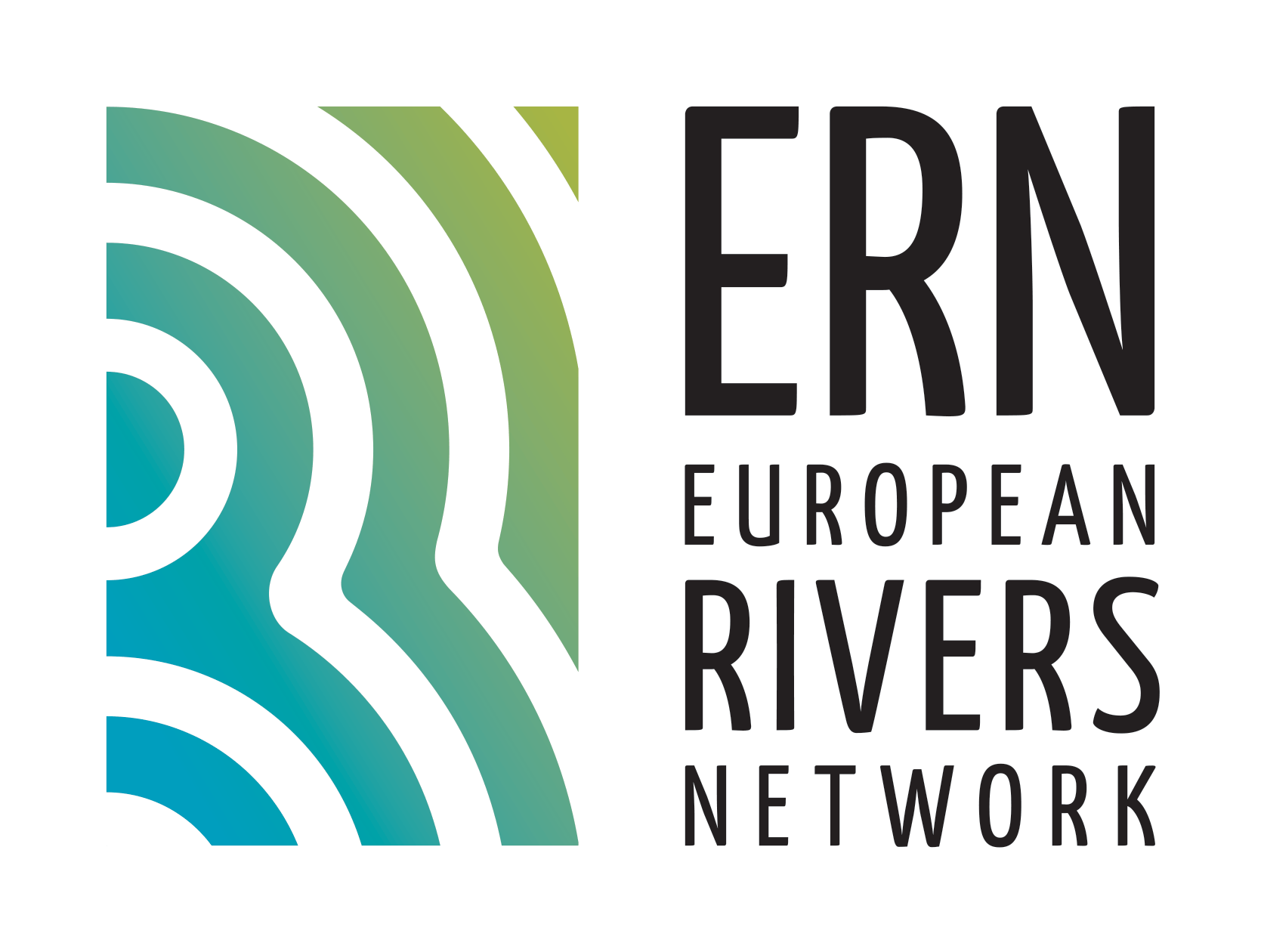
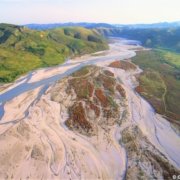 Gregor Subic
Gregor Subic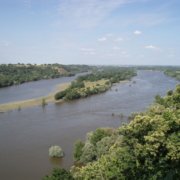
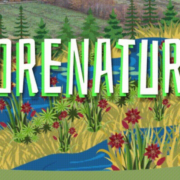
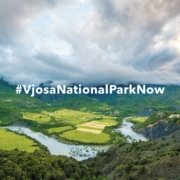
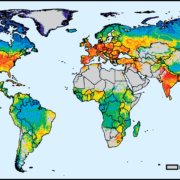
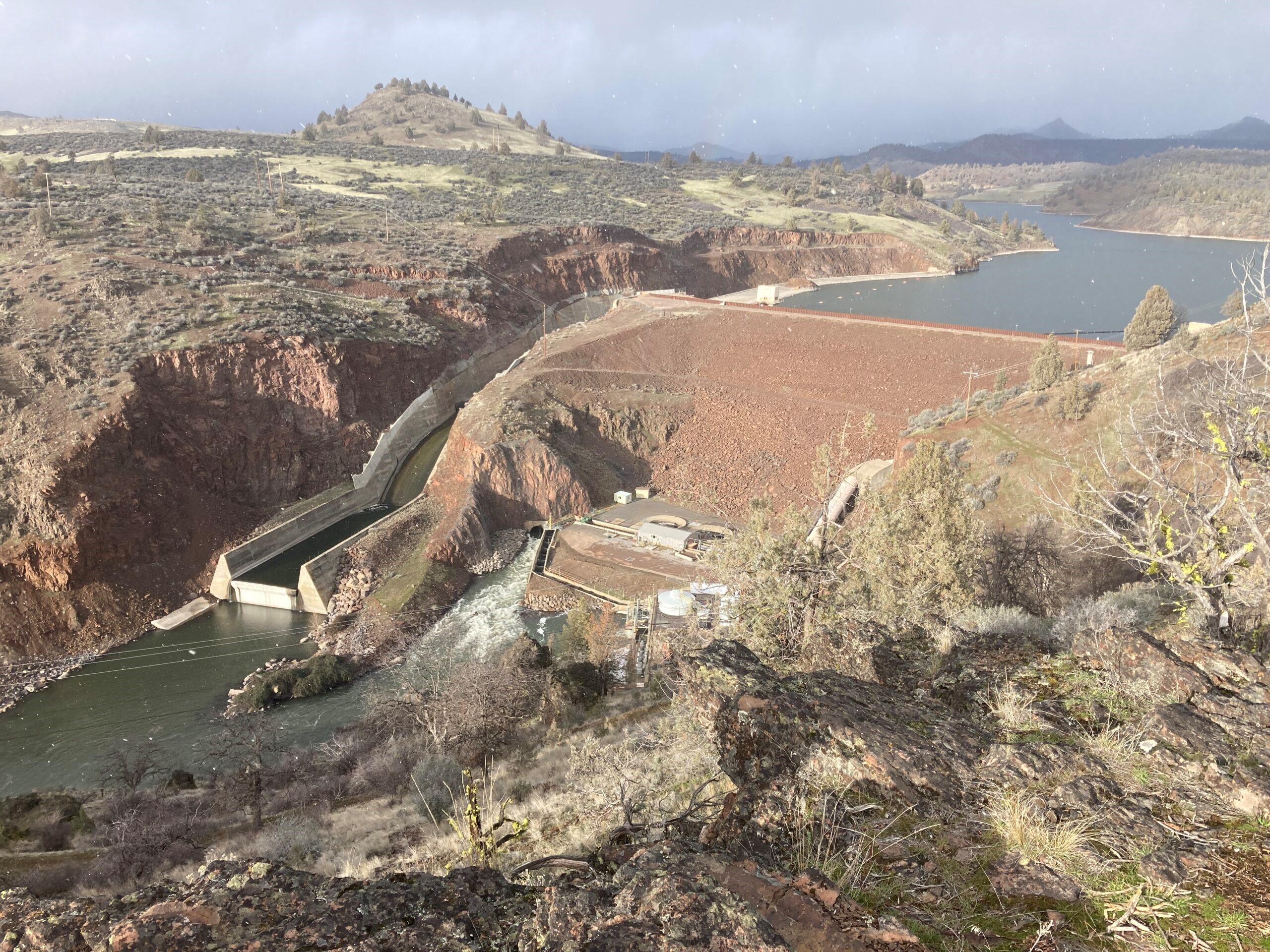
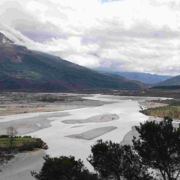
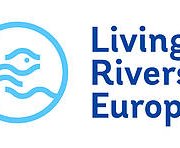

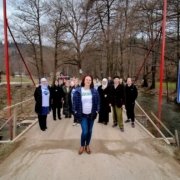
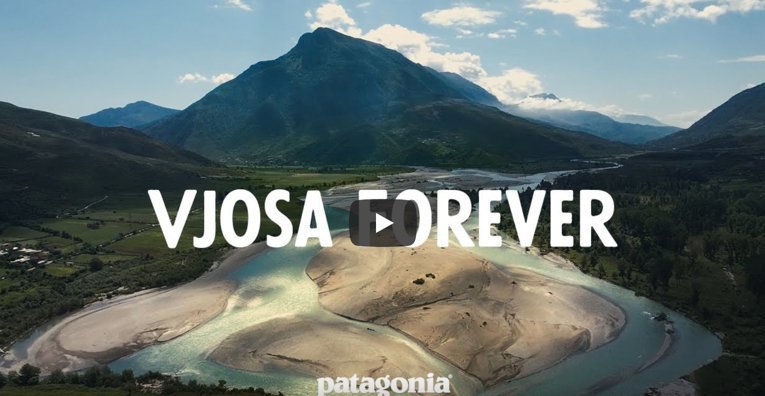
 ERN France
ERN France ERN is the official WWF Freshwater Partner in France and cooperates with WWF Switzerland, Austria, Netherlands and others
ERN is the official WWF Freshwater Partner in France and cooperates with WWF Switzerland, Austria, Netherlands and others